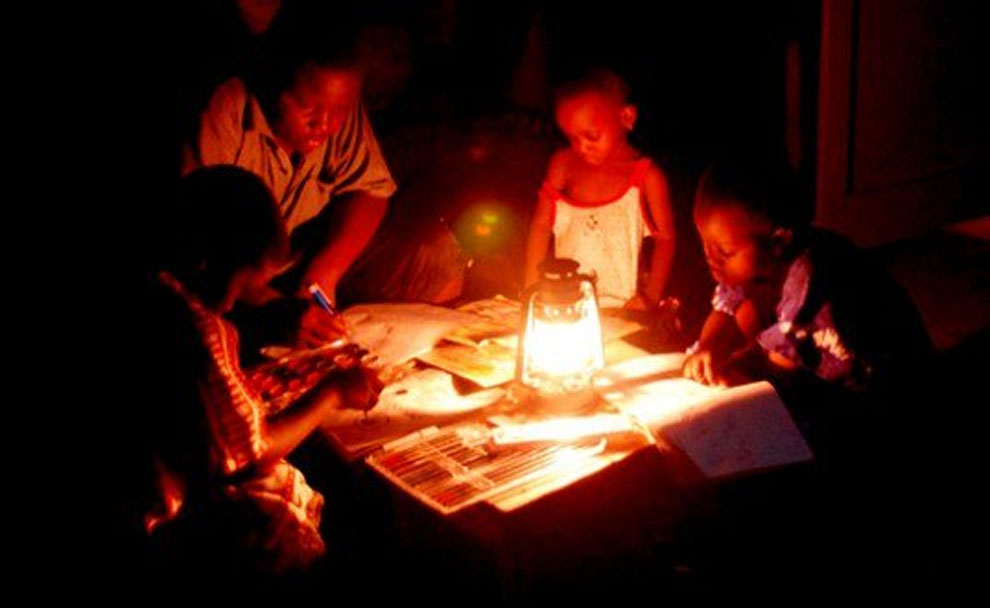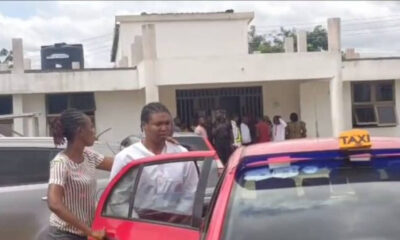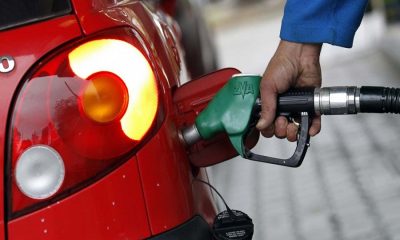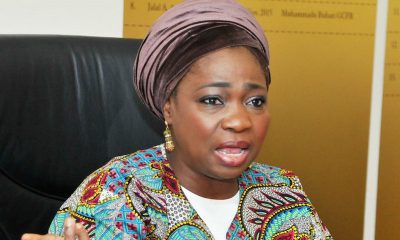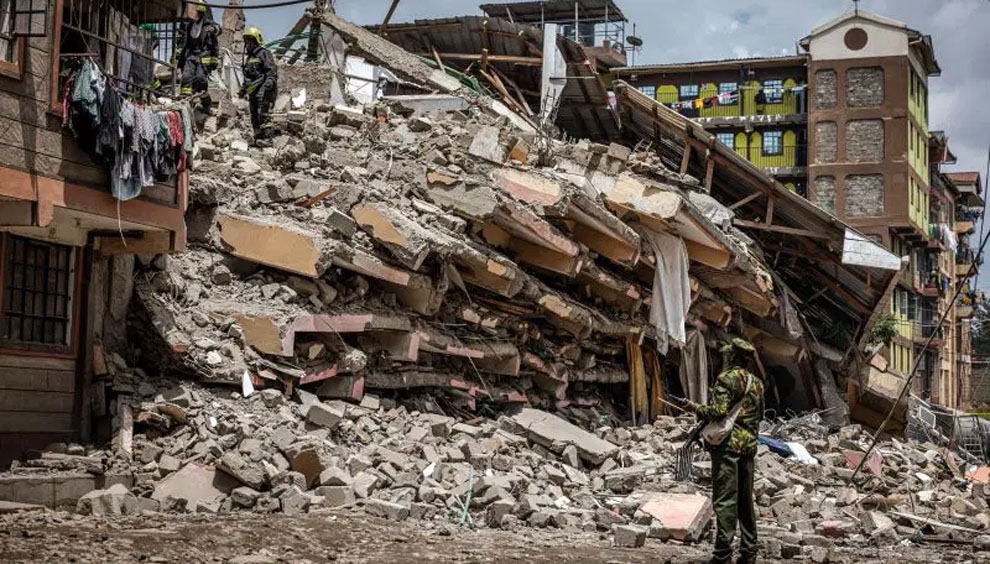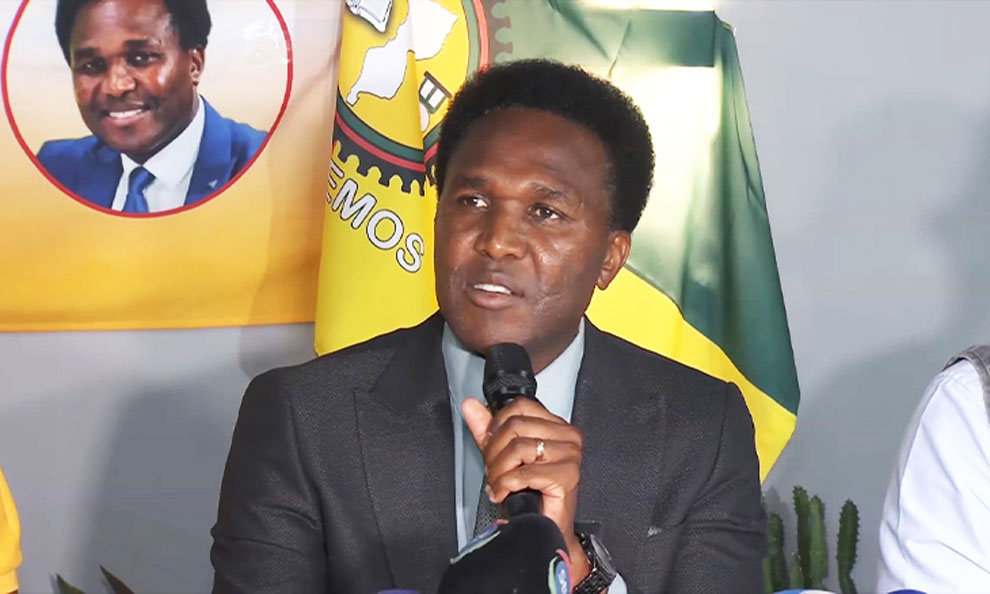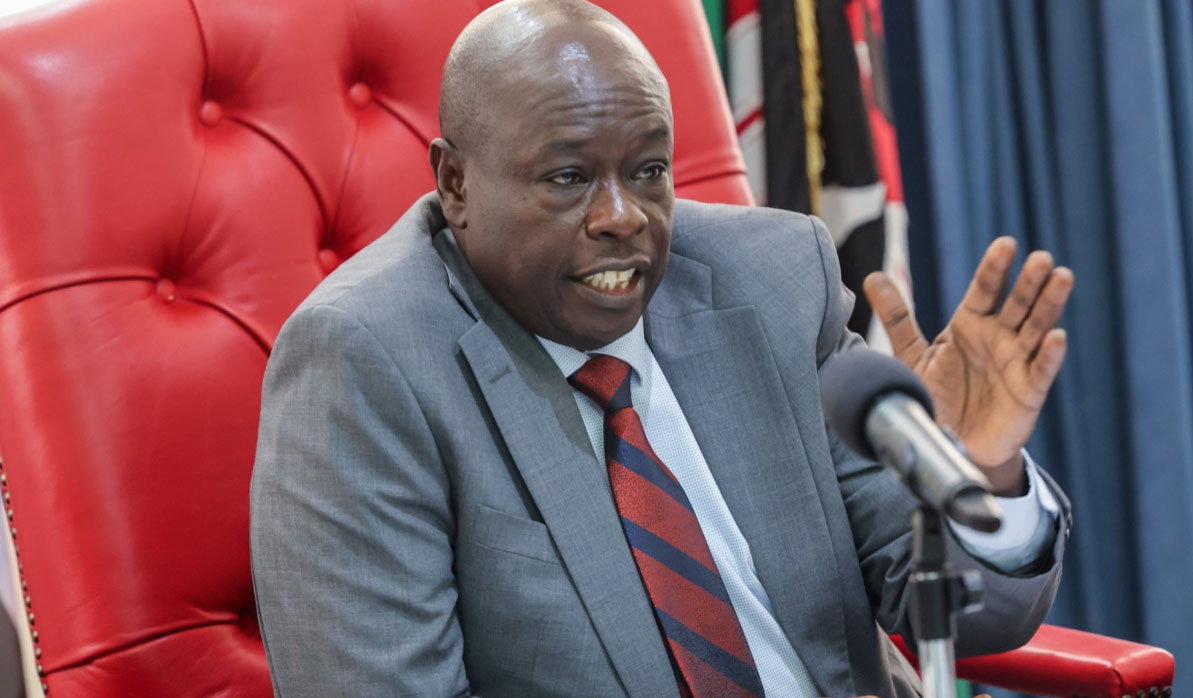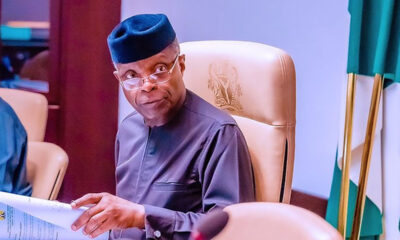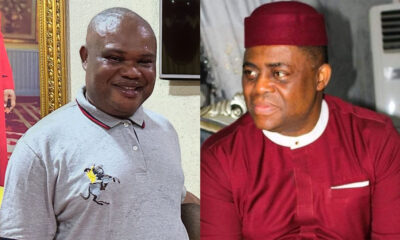Several families were feared trapped under the rubble after an eight-storey residential building collapsed in the Kenyan capital, Nairobi, on Sunday.
The eight-storey building in Kahawa West, a densely populated neighbourhood north of the capital, had been condemned for demolition, Nairobi county officials said.
The Kenya Red Cross said on X several families were feared trapped under the rubble, though Nairobi governor Johnson Sakaja said that casualties were “expected to be minimal”.
One woman standing outside the building when it collapsed was hurt, he said, adding that she was stable and undergoing treatment. Residents of adjacent buildings will be evacuated, the governor claimed. The collapse sparked a swarm of onlookers to the scene sandwiched between high-rise buildings and a church.
READ ALSO:
- LG Autonomy: You can’t overrule Supreme Court, Klinsmann tells Soludo
- FIRS announces recruitment of young graduates
- Bandits kill 3 in Katsina, police foil another attack, rescue victims
Catherine Wanjiku, who had lived in the building since 2017, said she was lucky to have escaped with her life. “I don’t feel good because I moved out yesterday. I am shaky, I am stressed. I have friends whose belongings have been destroyed in there,” the 33-year-old said.
According to a Nairobi county document seen by AFP and dated Oct 16, the building had been constructed and occupied without the requisite approvals.
Tenants had been ordered to vacate the building in two weeks. The building, constructed two years earlier, had been scheduled to be demolished after being declared structurally unsound.
The East African nation is undergoing a construction boom, but corruption has allowed contractors to cut corners or bypass regulations.

